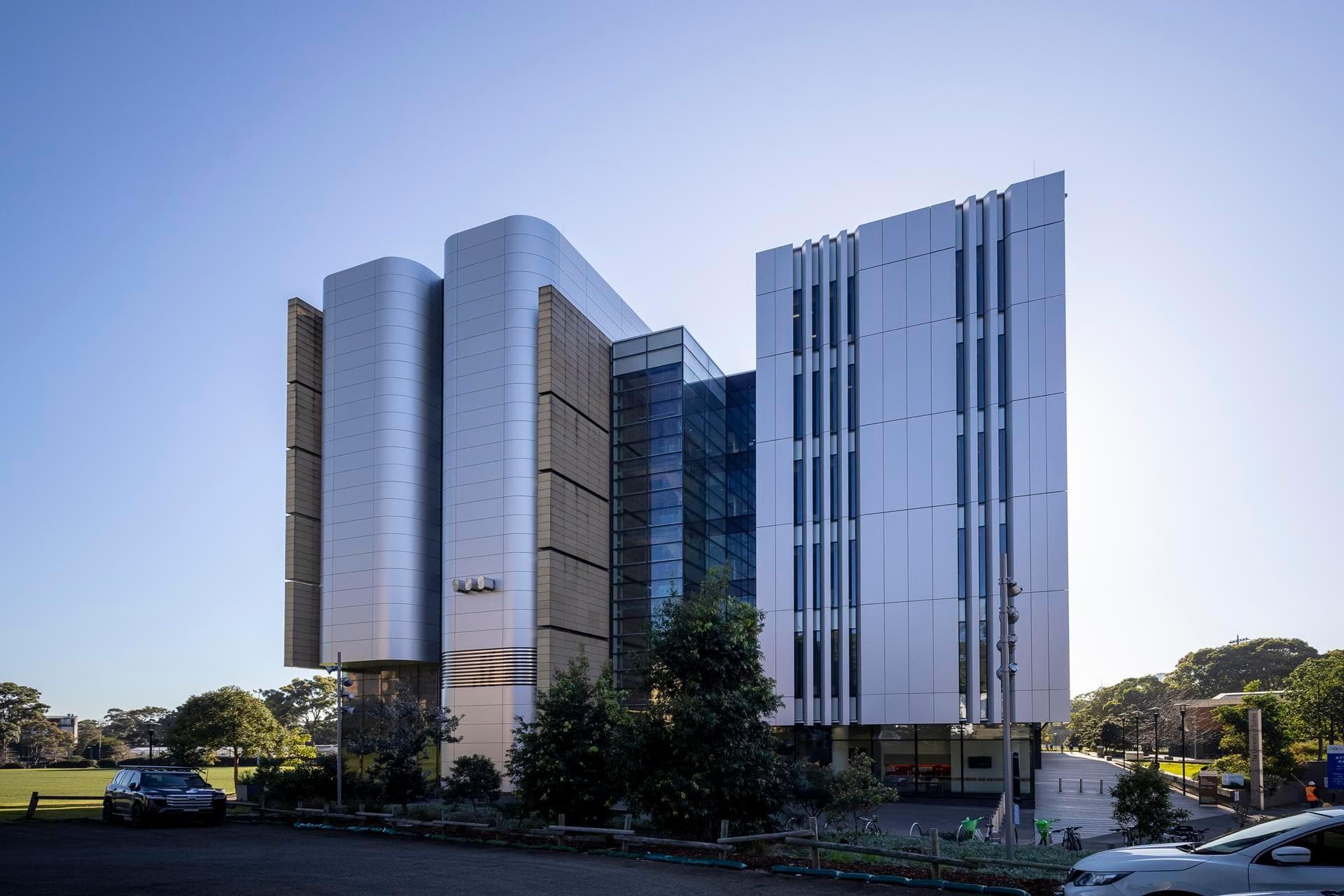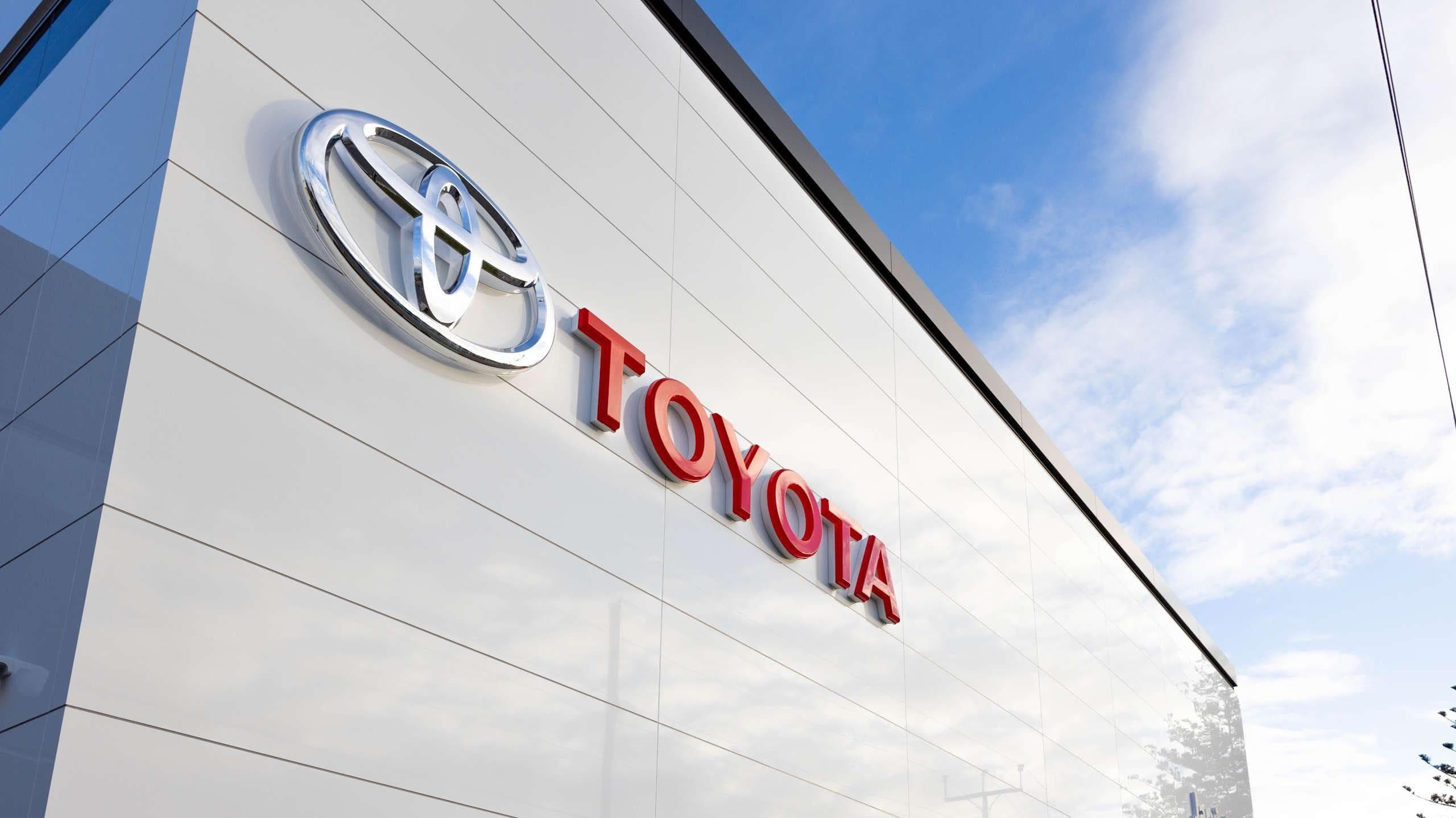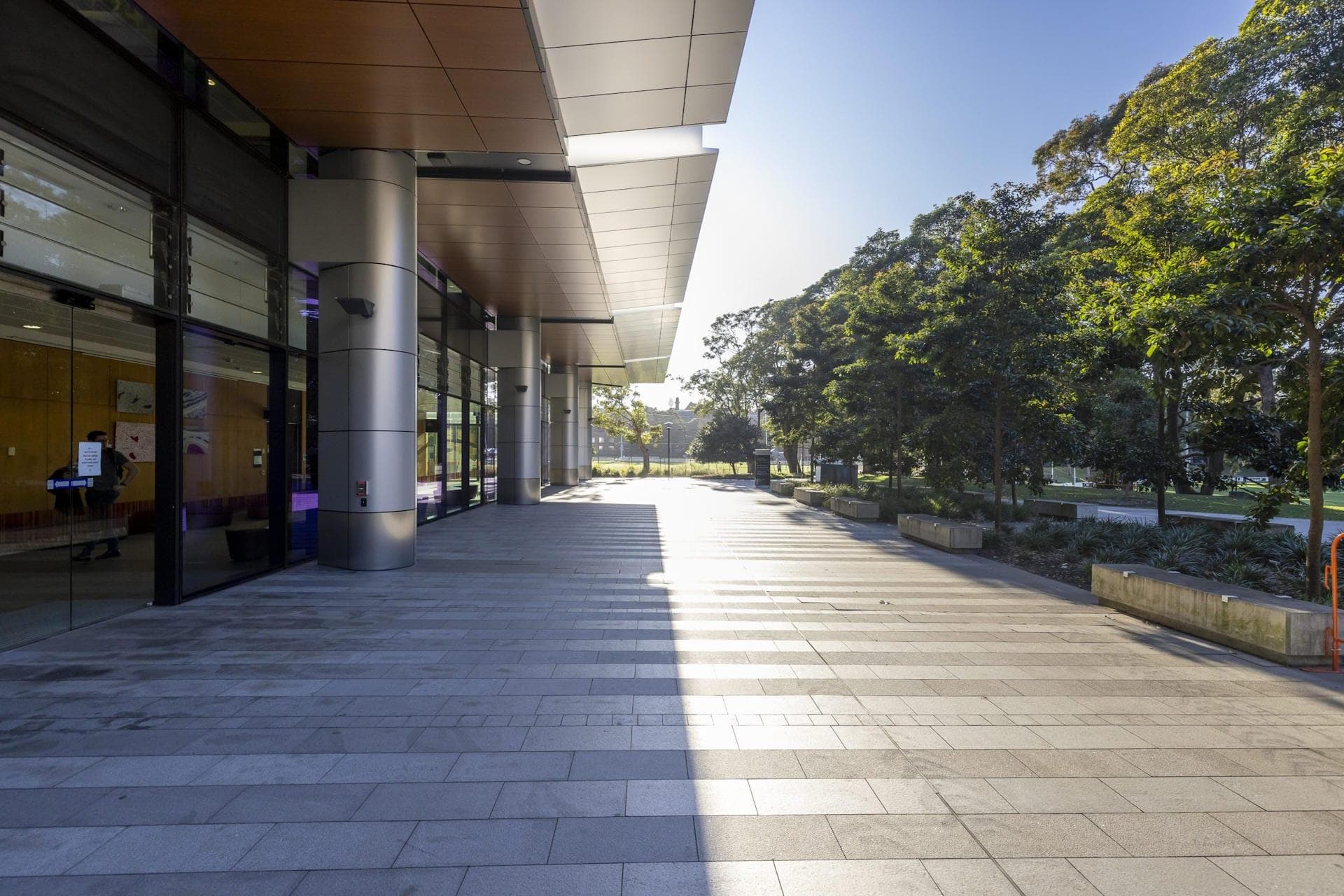Understanding Facade Warranties: What Designers Should Ask Before Specifying Cladding
Warranties are often overlooked until problems arise, but they are one of the most important safeguards in façade specification. This white paper helps designers understand what is really covered, what is not, and the right questions to ask before signing off. Learn how to assess warranty terms, minimise project risk and protect long-term façade performance.
Facade systems operate in demanding environments, exposed daily to UV radiation, wind pressure and moisture. Their longevity depends on selecting materials and assemblies that maintain integrity over time. Warranties play a vital role in defining how responsibility is shared when performance issues arise. However, coverage can differ significantly between products and unclear terms may expose stakeholders to significant risk.
Understanding Facade Warranties: What Designers Should Ask Before Specifying Cladding is an essential guide that helps architects and specifiers evaluate facade warranties. It outlines the key elements to review in warranty documentation, from coverage limits and exclusions to maintenance obligations and transferability. Practical guidance and example questions help designers assess whether warranty terms align with project and client requirements.
Available from Network Architectural, ALPOLIC™ NC/A1 aluminium composite cladding distinguishes itself with its market-leading 20-year unconditional full-cover manufacturer’s warranty. Backed by Mitsubishi Chemical Infratec Co., Ltd., the warranty includes materials, labour, access and rectification costs. It requires no cleaning or maintenance to remain valid. Where other facade systems offer limited materials-only coverage or impose restrictive maintenance clauses, ALPOLIC™ provides genuine, end-to-end protection directly from the global manufacturer.
Related Articles

Recladding with Confidence: How the University of Sydney Delivered a Future Proof Façade
When the University of Sydney reclad the Charles Perkins Centre, compliance alone was not enough. This article explores how a premium, maintenance-free façade solution delivered long-term confidence, design integrity and fire compliance, restoring one of the campus’s most recognisable buildings with a future-proof architectural outcome.

Top 5 Residential Facade Trends in 2026 – and How ALPOLIC™ Brings Them to Life
Australian residential facades are evolving, with 2026 trends favouring clean lines, layered materials, natural finishes and bold colour accents. This article explores the top five residential façade trends shaping contemporary homes and how material choice plays a key role in balancing design expression, durability, sustainability and long-term performance.

How ALPOLIC™ Became the National Standard for Toyota Dealerships
Toyota’s nationwide brand consistency relies on materials that look flawless, perform reliably and meet strict compliance standards. This article explores why ALPOLIC™ has been Toyota’s trusted façade and signage solution for more than two decades, and how its durability, colour stability and technical support have cemented it as the national standard across TMCA dealerships.
